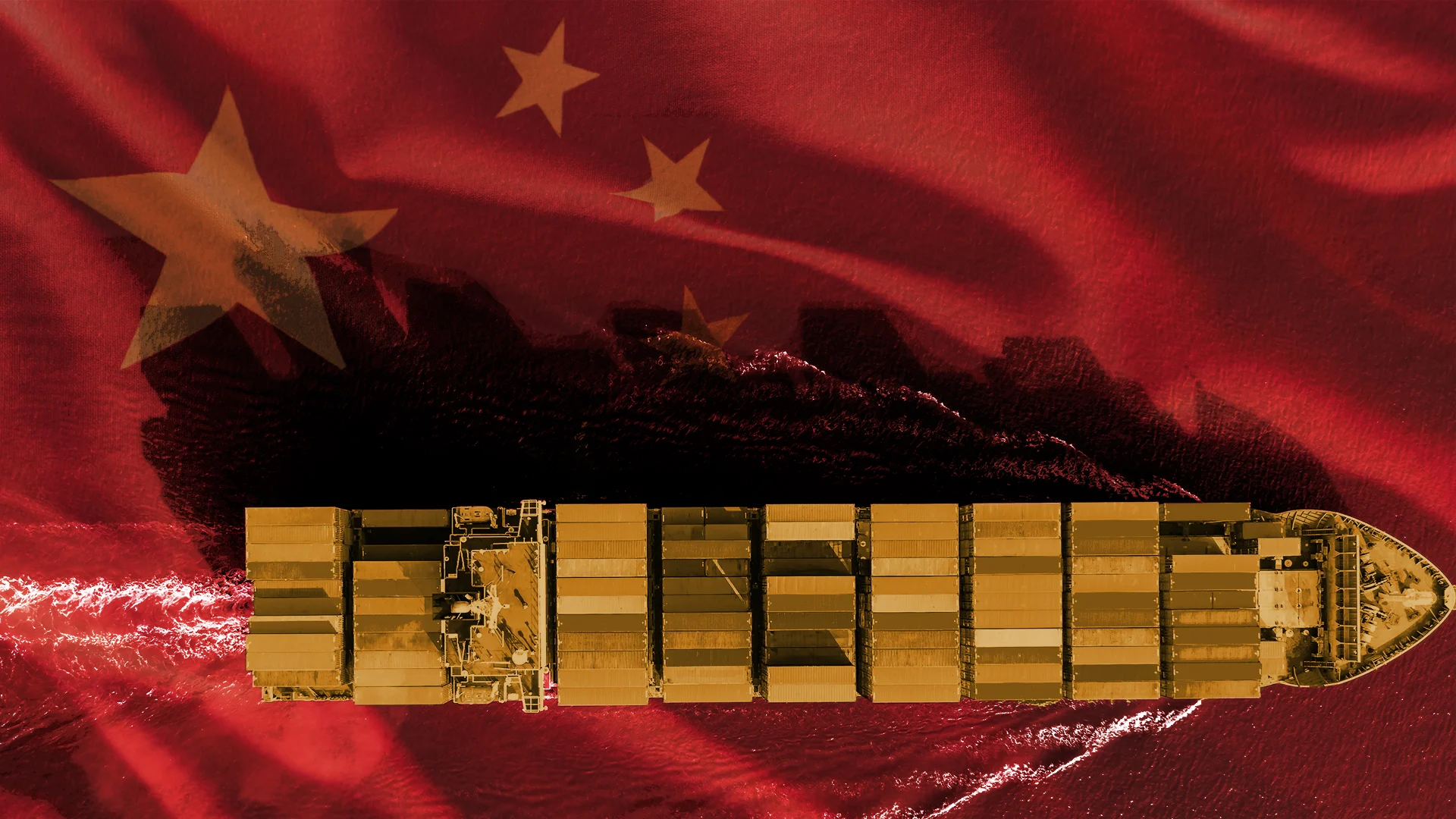What U.S.-China Trade Talks Mean for Your Business
The U.S. and China have bounced between a full-fledged trade war and a shaky truce. Jennifer Hendrixson White is a national security expert who served in the Obama and Biden administrations. White is now an adjunct senior fellow at the Center for New American Security, a think tank, in Washington, D.C. The early-rate deadline for the 2025 Inc. Power Partner Awards is Friday, June 27, at 11:59 p.m. PT. Apply now . Click here for more information about the 2025 Power Partner Award. The winner will be announced on June 28, 2025. Click here to see the full list of this year’s winners and to enter your own. The winners will be revealed on June 29, 2025, at 10:30 a.m.-12:30 p.M. ET.
Read full article ▼
The U.S. and China have bounced between a full-fledged trade war and a shaky truce marked by negotiations that seem relatively civil, with tariff rates to be paused through August (maybe) and bilateral negotiations to ensue. But is this a genuine rapprochement or something less solid? And what should the plan be for the many, many American companies that rely on China either as a source of goods or as a growth market? Jennifer Hendrixson White has some thoughts. A national security expert who served in the Obama and Biden administrations who participated in talks on trade, technology, and national security, White is now an adjunct senior fellow at the Center for New American Security, a think tank, in Washington. D.C. Inc.: On the upcoming trade talks between the U.S. and China, some observers have interpreted the de-escalation from a full-blown trade war as China caving to the U.S.—others see the U.S. blinking first. How do you interpret the deal? Jennifer Hendrixson White: Both countries have tried to look tough in public and avoid the perception that they were the first to back down. However, outside the spotlight, Chinese officials were trying to figure out what exactly the Trump Administration might be willing to accept to ratchet back their unprecedented tariffs. On the U.S. side, companies from Amazon to Mattel were becoming increasingly public about the looming economic costs to American consumers. I would not be surprised if the dramatic slowdown in Transpacific shipping spooked the White House. Tariffs were seen to be especially harmful to small businesses, as they did not have the supply-chain resilience or resources to stockpile, and at the same time they did not have the political clout in Washington to gain exemptions. If you were the head of a small importer today, what advice would you have on how to manage amid tariffs? My father and brother are both small business owners, so I know personally how few options small businesses have to navigate rising costs and policy chaos. The good news is that there are already people thinking about how to use AI to streamline trade compliance processes, automate classification, and other innovative ways to reduce costs. I think most businesses have been loath to relocate supply chains until it becomes clear where things land. How do you think China interprets its economic interests now, in a tariff-led environment? Chinese leaders have a higher economic pain tolerance than their American counterparts and the country has also been seeking to develop other export markets. For this reason, I think they will be reticent to make major concessions—including on some of the issues that have long plagued the bilateral relationship, and non-tariff barriers. What moves are the Chinese making or do you expect them to make? Are they making entreaties to Latin America, for example? What about Europe? China is likely attempting to take advantage of Europe’s more conflicted view of Washington at this moment to re-invigorate trade and investment deals with a range of E.U. states. The E.U., for its part, should be nervous about China dumping lower cost goods into European markets, disadvantaging domestic suppliers. For the U.S., what arrangement is in our enlightened self-interest in terms of growth? There are sectors in which the United States can and should incentivize manufacturing here at home. But we should not be the world’s leading producer of socks or Barbie dolls. We should be focused on incentivizing building the technologies of the future and re-shoring critical national security supply chains. What sectors are you watching to see the economic impacts of tariffs? Nearly every sector is downstream of some Asian intermediate good. I am curious to see how Chinese companies attempt to circumvent the Trump tariffs by obscuring product origins by transit through third countries. The early-rate deadline for the 2025 Inc. Power Partner Awards is Friday, June 27, at 11:59 p.m. PT. Apply now .

